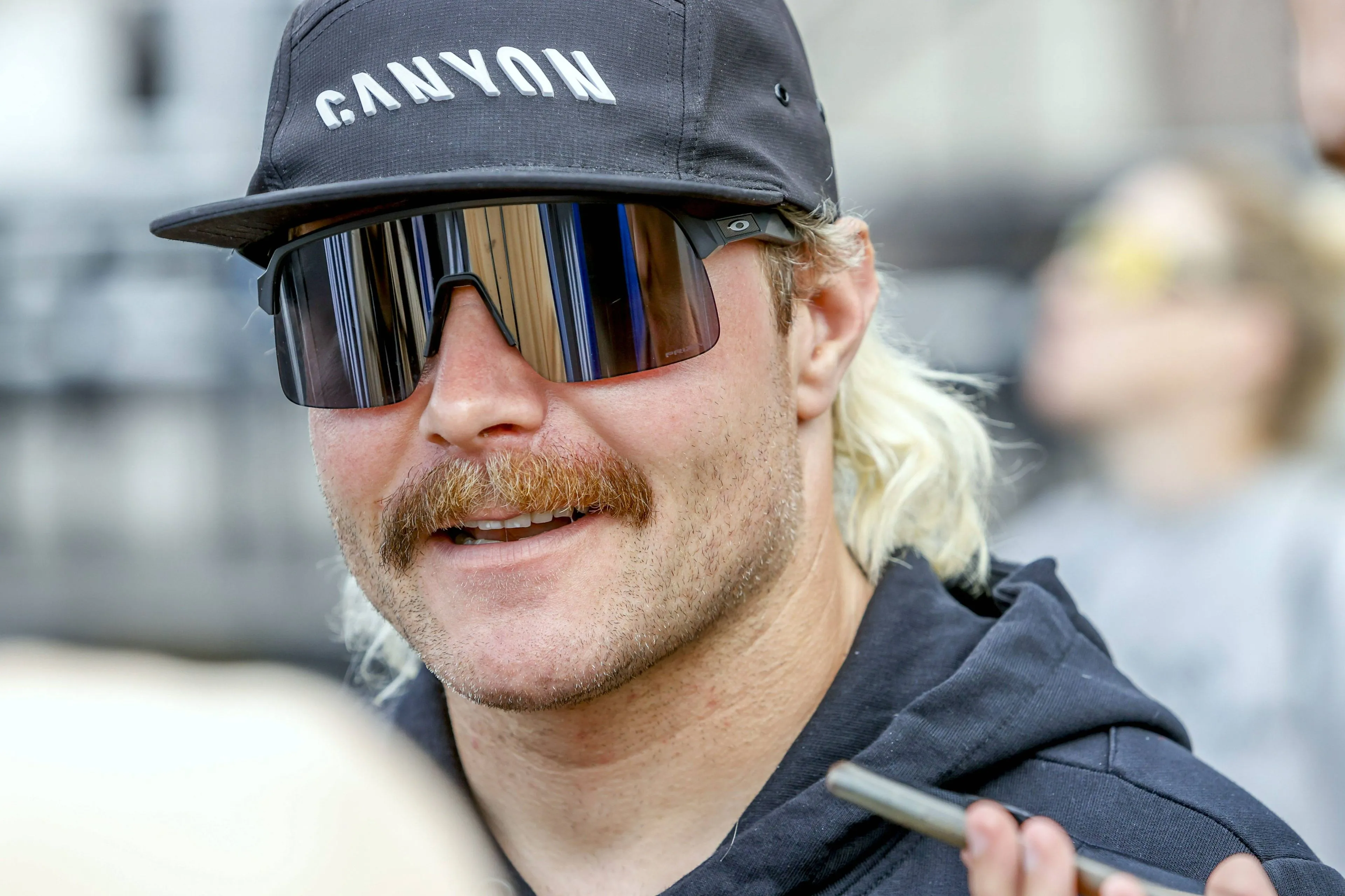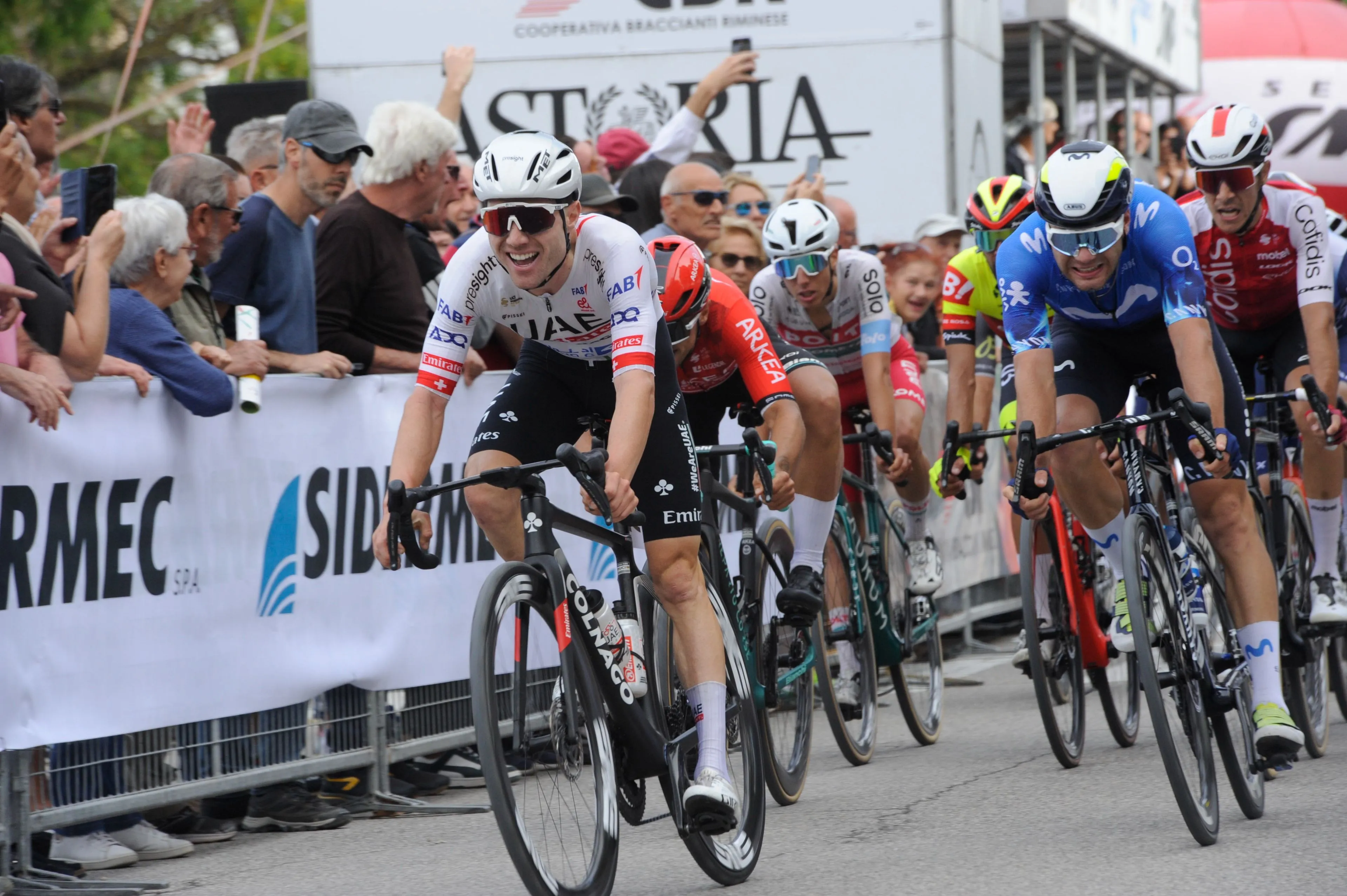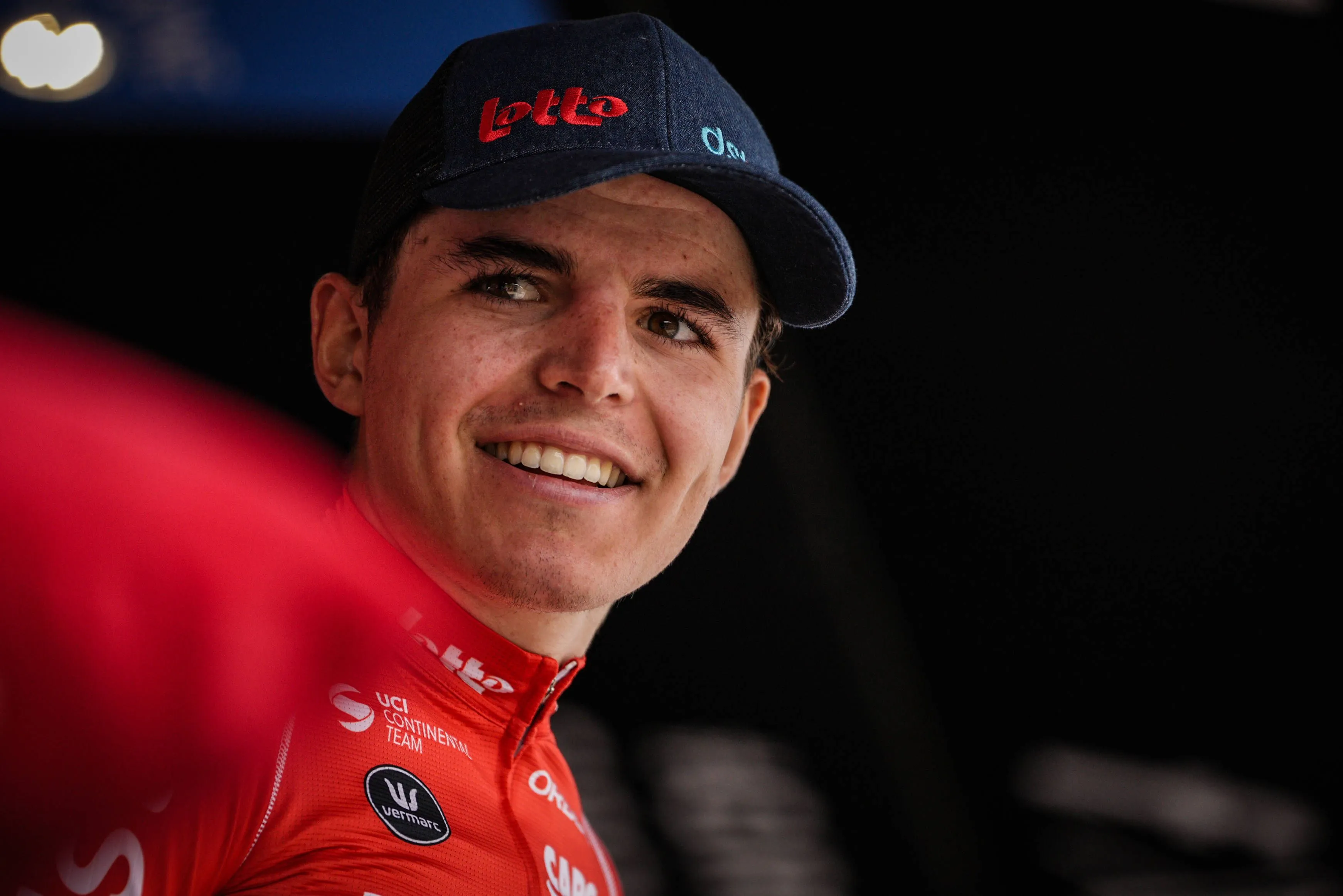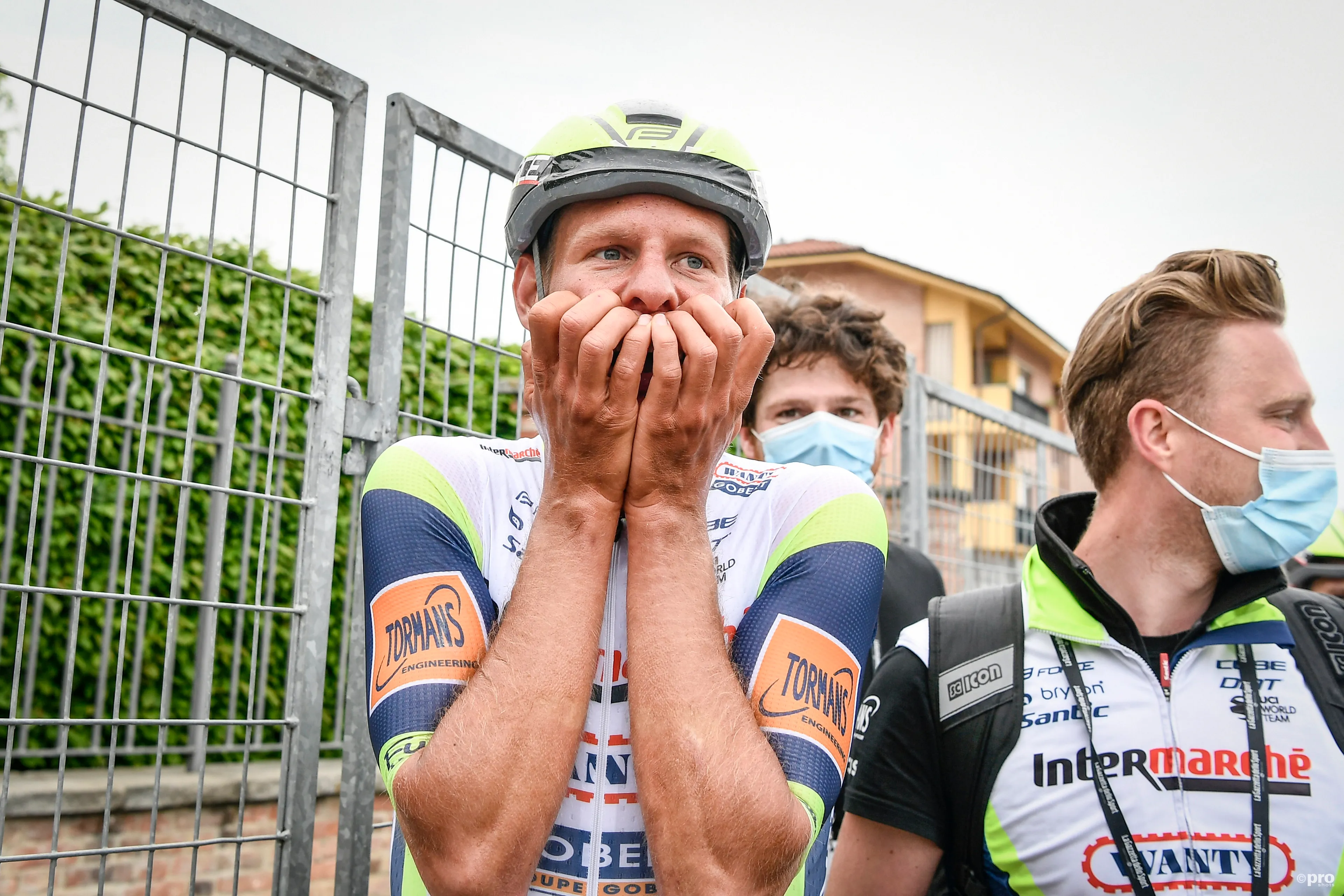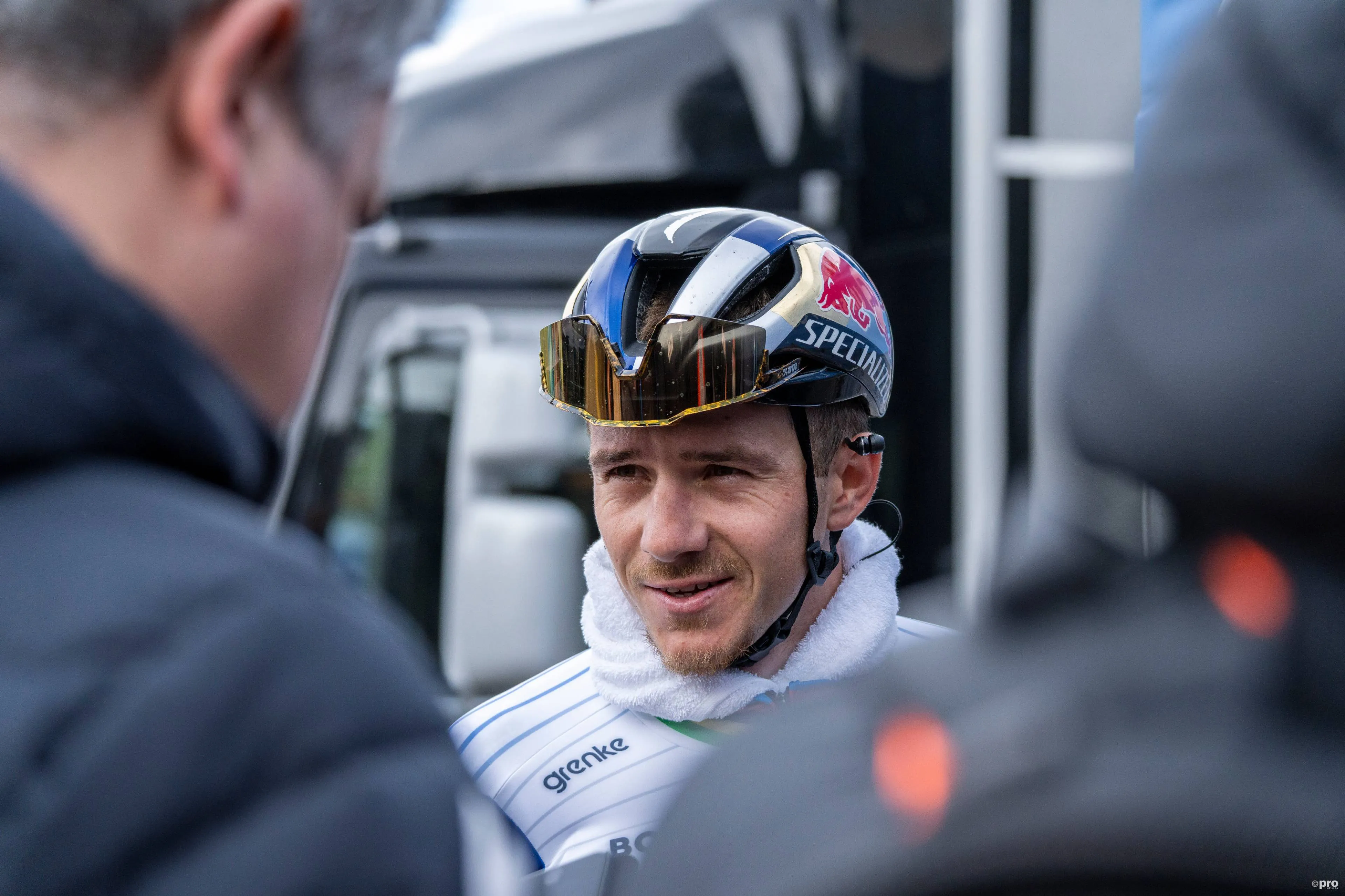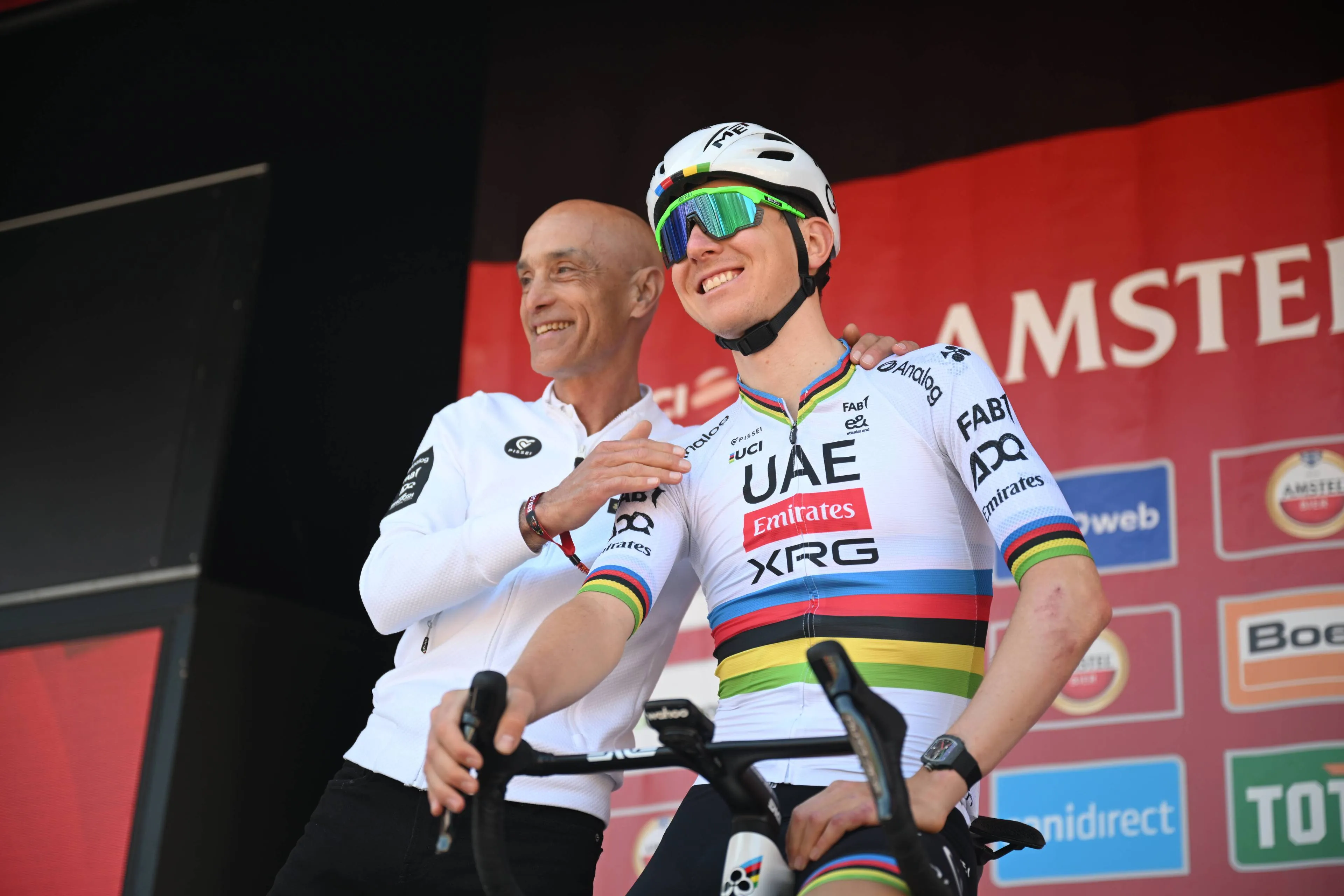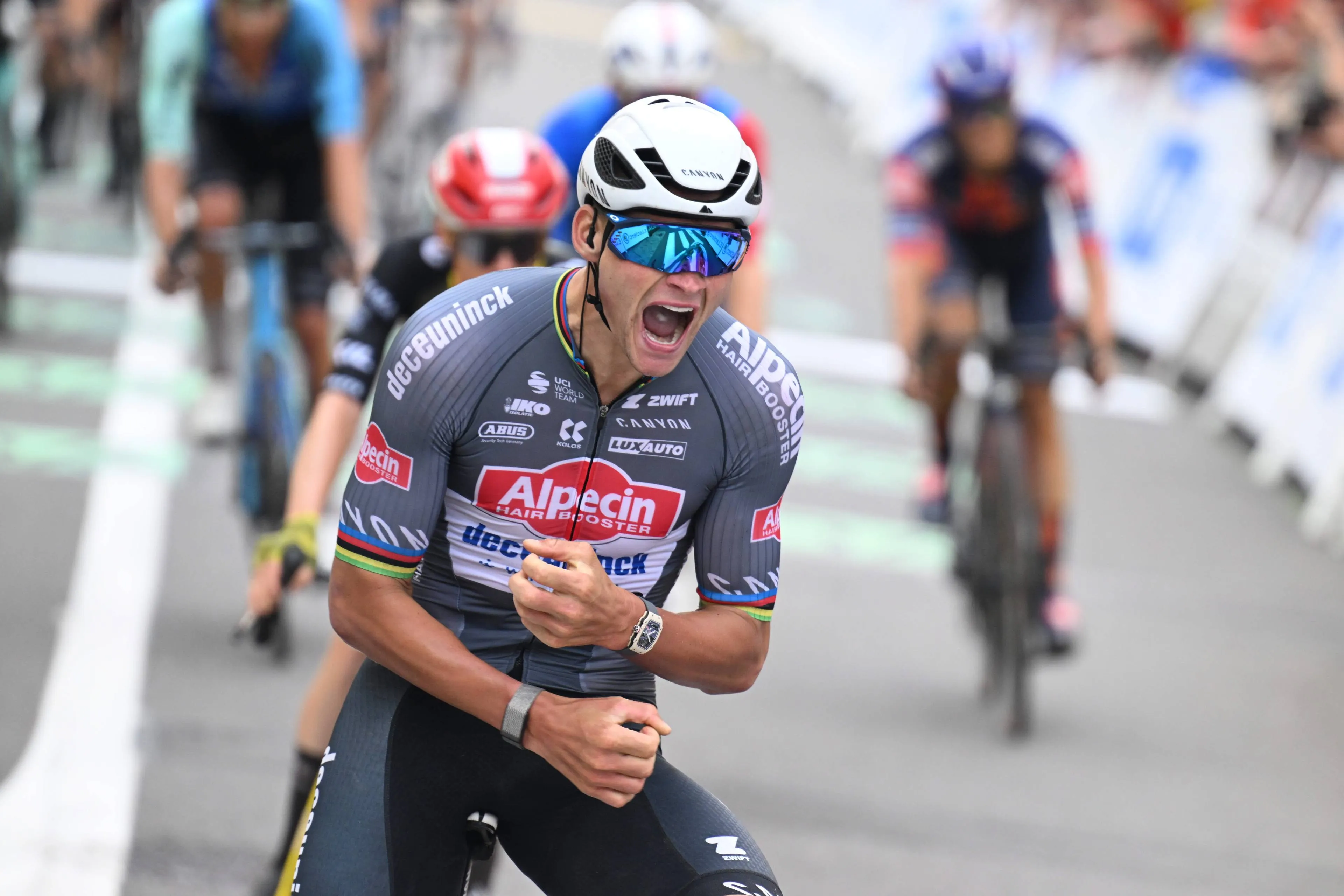ANALYSIS: Why is there no American race on the UCI World Tour?
CyclingTuesday, 08 October 2024 at 10:21
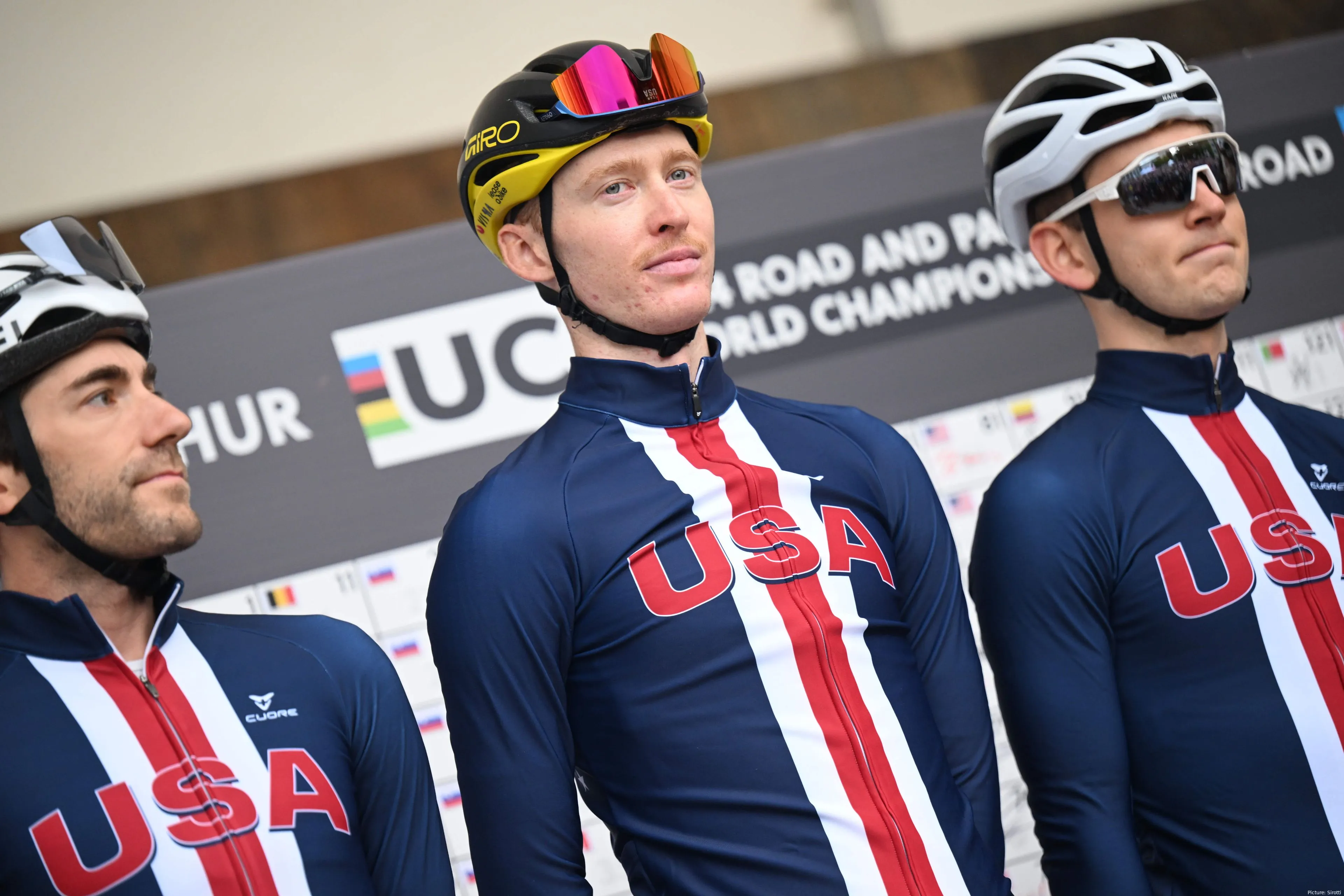
With just two events left of the
2024 UCI World Tour, cycling fans have treated to some of the sport's most
memorable races this year. From the Tour de France to the Giro d’Italia,
cycling's biggest stages are set in Europe, where the sport thrives. Yet, with
35 events making up the World Tour calendar, there’s a glaring omission: not a
single race takes place in the United States, a country with one of the highest
populations in the world and a massive outdoor sports culture.
Gone are the days of the Tour of
California, the Tour de Georgia, and the Tour of Utah, races that once gave the
US a strong presence in professional cycling. The absence of a UCI World Tour
race in America reflects not just a missing slot on the calendar but also a
deeper struggle for road cycling in the US. What happened to cycling's golden
age in the US, and why can’t the country support a major World Tour race
anymore?
Read also
The Fall of American Stage
Races
A decade ago, the US boasted 19
UCI-registered professional teams. Today, that number has fallen to 11, and the
top American squads, such as EF Education-EasyPost and Lidl-Trek, are primarily
based in Europe. The decline in American road racing was epitomised by the
cancellation of the Amgen Tour of California in 2020, once the country’s most
prestigious race and a UCI World Tour event.
The Tour of California,
established in 2006, quickly grew in stature, attracting international stars
and becoming a crucial proving ground for up-and-coming American cyclists.
Riders like Tejay van Garderen, Andrew Talansky, and Taylor Phinney all made names
for themselves on California’s roads, while European legends like Peter Sagan
and Bradley Wiggins used the race as a stepping stone to further success. In
fact, Tadej Pogacar was the winner of the last edition back in 2019, and we all
know what the Slovenian has gone on to achieve.
Read also
However, the cancellation of the
race was a blow not just to these riders but to American cycling as a whole. It
deprived the US of its showcase event, one that brought cycling closer to fans
and inspired the next generation of racers.
The official reasons for the Tour
of California’s cancellation were financial difficulties and the challenges of
securing sponsorship. With high operational costs, including logistics, road
closures, and broadcasting, the race became unsustainable without sufficient
backing. The knock-on effect has been significant, with fewer opportunities for
American cyclists to race on home soil at a high level and showcase their
talents to local audiences.
Grassroots and Professional
Struggles
The cancellation of the Tour of
California mirrors a wider trend in American cycling, where road racing at both
grassroots and professional levels is struggling to maintain its footing. The
National Cycling League (NCL), an innovative attempt to revive professional
road racing in the US, suspended its 2024 season and terminated all current
contracts for riders and staff. Launched in 2023 with grand ambitions, the NCL
aimed to turn cycling into a more mainstream spectator sport in the US by
introducing teams with equal pay for men and women and focusing on fan
engagement.
Read also
However, despite these
forward-thinking ideas, the league faced significant financial turmoil from the
outset. In its debut season, the NCL had to drop one of its first four races
and make last-minute changes to venues and dates, signalling deeper operational
challenges. While the NCL has plans to return in 2025 with an improved business
model, its struggles highlight the difficulty of making cycling financially
viable in the US.
The CEO of the NCL, Andrea
Pagnanelli, has been vocal about the need to build a sustainable cycling league
that can attract both sponsors and fans. However, the setbacks of the 2024
season emphasise just how tough that task is. The NCL’s vision for cycling, one
that includes equal pay and greater fan engagement, is promising, but it
requires a strong financial foundation to succeed.
The Rise of Gravel Racing
While road racing participation
is in decline, gravel racing is experiencing a surge in popularity across the
US. Gravel events, such as the famed Unbound Gravel in Kansas, are attracting
thousands of riders. In 2023, Unbound saw over 5,000 participants, with the
event's registration filling up within minutes. Unlike road races, gravel races
offer a unique, festival-like atmosphere that resonates with American cyclists
and fans alike.
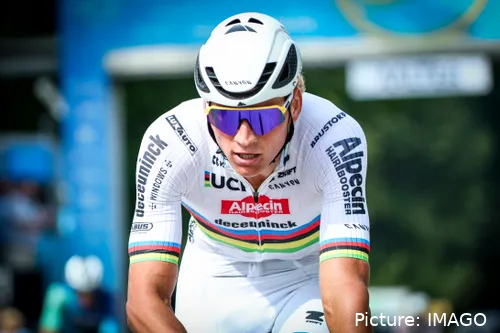
Mathieu van der Poel is the current UCI Gravel World Champion
Gravel racing’s appeal lies in
its accessibility, community spirit, and safety. Unlike road races, which take
place on busy highways and often require extensive police support for traffic
control, gravel races are typically held on remote, low-traffic roads, reducing
logistical challenges and safety concerns. Riders also appreciate the
versatility of gravel bikes, which allow them to tackle both off-road terrain
and paved roads, making them more practical for casual use.
The success of gravel events in
the US may be contributing to the decline of road racing. Many cyclists who
would have traditionally taken part in amateur road races are now flocking to
gravel events instead. Gravel racing offers a more relaxed and inclusive
environment, one that often prioritises personal achievement over competition.
For event organisers, gravel races are also more cost-effective, requiring
fewer resources to host.
However, while gravel racing is
booming at the grassroots level, it doesn’t translate into the same
professional opportunities that road racing does. This leaves American cyclists
with fewer opportunities to turn professional and compete at the highest level
on home soil.
Read also
Cycling’s Place in American
Sports Culture
Despite the struggles of
professional road racing, cycling remains a hugely popular activity in the US.
In 2023, more than 51 million Americans participated in cycling, making it the
third most popular outdoor activity in the country. Nearly 80% of Americans
over the age of six took part in some form of physical activity that year, and
cycling plays a key role in the country’s outdoor lifestyle.
However, while millions of
Americans ride bikes, the culture of competitive cycling hasn’t translated into
widespread spectator appeal or mainstream popularity like other sports. In
contrast to the NFL, NBA, or Major League Baseball, professional cycling
doesn’t attract massive audiences or generate significant revenue from
broadcasting rights and sponsorship deals in the US. This makes it difficult
for race organisers to secure the financial backing needed to sustain
high-level events.
For many Americans, cycling is
more of a recreational activity than a competitive sport. This cultural divide
between participation and professional spectating has been a hurdle for race
organizers trying to grow the sport’s presence in the US. While Europe has a
deeply rooted cycling culture that dates back over a century, the US lacks a
similar tradition, making it harder for cycling events to compete with more
established sports.
Read also
Can American Road Racing
Recover?
The future of road racing in the
US remains uncertain. Without a major UCI World Tour race, American cyclists
and fans are missing out on a crucial connection to the sport’s top tier. The
cancellation of the Tour of California, the financial struggles of the National
Cycling League, and the rise of gravel racing all point to the challenges
facing road cycling in the US.
Yet, there are reasons for
optimism. The popularity of cycling as an outdoor activity suggests that there
is a significant audience for the sport, even if it hasn’t yet fully translated
into professional racing. If organizations like the NCL can overcome their
financial hurdles and gravel racing continues to grow, there may be
opportunities to reinvigorate road racing in the US.
The path forward likely involves
finding new ways to engage with fans, securing sustainable sponsorship models,
and embracing the broader cycling community. The US may not have a World Tour
race right now, but with the right support and vision, American cycling could
still find its place on the global stage once again.
claps 5visitors 5
Just in
Popular news
Latest comments
- How refreshing to see a high profile sportsperson not getting tied up in politics. Derek Gee could learn a thing or two.whit2pet15-02-2026
- Could you point me in the direction of the studies confirming the vaccine caused "thousands' of deaths.whit2pet15-02-2026
- Mexico is South American?typurc15-02-2026
- Marianne Vos has won eight elite world championships in cyclocross as well so not yet "more than any other in the history of the sport."stinkypete14-02-2026
- Cycling desperately needs a draft system. I'm always rooting for Almeida but at the same time hate he's on UAE.LumbarDeniro14-02-2026
- Sure mate, whatever you say... LOL. It's like me claiming the vaccine made me a stronger rider - I actually did get stronger, but only because I rode A LOT more during lockdown with nothing else to do, and the streets were gloriously empty! In fact, I even received a cocktail of various vaccines before my trip to Borneo over Christmas just past, and guess what? I got even stronger as a rider! I got 5th in the Strava KOM ranking for one of my local segments just two weeks ago! Maybe you should try a vaccine or two - it might just make you a stronger rider!Pogboom14-02-2026
- The vaccine was experimental, it's documented thousands of people died. Hundreds of thousands of people were injured from it. My ears are still ringing from the second shot. And I know a dozen other people with the same problem. I know somebody who's been paralyzed. I know somebody who had a stroke dream oncaptmike14-02-2026
- Chill dude, we know Remco lives rent-free in your headmobk14-02-2026
- Maybe get a DS job Doper ! Your 20/20 hindsight analysis is getting lame!frieders314-02-2026
- This looks like it'd be a good watch with a route like so
 leedorney13-02-2026
leedorney13-02-2026
Loading
4 Comments

